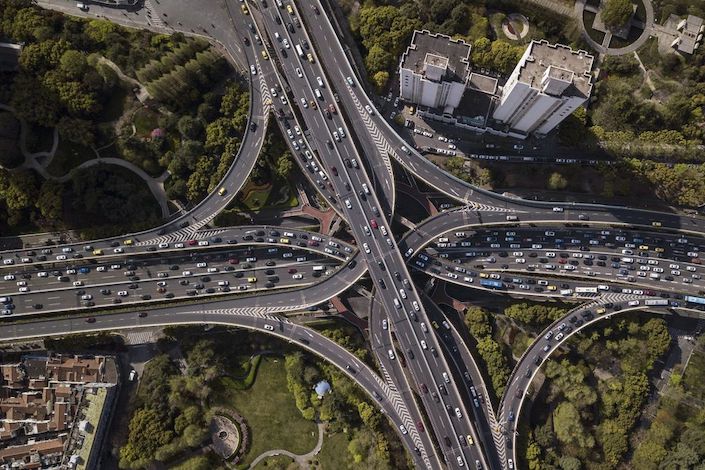China’s Car Slump Extends to a Year Without Signs of Reprieve

(Bloomberg) — China’s car sales declined for a 12th consecutive month, a historic slump that’s left manufacturers reeling as trade tensions and economic worries weigh on consumer sentiment.
Retail sales of sedans, sport utility vehicles, minivans and multipurpose vehicles fell 12.5% to 1.61 million units in May, the China Passenger Car Association (CPCA) said Tuesday. That followed a 16.6% decline in April and a 12% drop in March.
The unprecedented slide has hit local brands particularly hard, though sales of market leader Volkswagen AG have also waned this year. While China this month unveiled a stimulus plan to help spur car demand, the policies don’t include any new spending from the central government and were met with doubts that they are enough to revive sales.
“It is a pretty difficult time for the auto industry,” Cui Dongshu, secretary general of CPCA, told reporters in Beijing.
Sales of Chinese brands fell 26.5% last month, while deliveries of premium cars rose 9.4%, he said. The first week of June showed a “slight” increase in total sales from a year earlier after dealers slashed prices, he said.
Demand Hurdles
Shoppers have stayed away from showrooms as economic woes and sputtering stock prices weighed on their purchasing power. Meanwhile, the rising popularity and availability of car-sharing and ride-hailing services is reducing the need for individuals to buy vehicles.
The market that global carmakers have relied on for growth since the 1990s now risks an extended decline, raising questions about the companies’ expansion plans in China. Global manufacturers have invested billions of dollars on the expectation that the world’s biggest market will keep growing even as vehicle demand in Europe and North America shrinks.
Sales of Volkswagen-branded cars have fallen 8% in China this year through April, according to LMC Automotive. General Motors Co.’s Buick and Chevrolet have also declined, while Mercedes-Benz, BMW, Honda and Toyota have advanced, according to the researcher.
Local brands Baojun, Dongfeng and Trumpchi are among those hardest hit, with their sales declining 40% or more over that span, according to LMC.
Shares of German carmakers fell from intraday highs. Volkswagen was up 1.8% at 11:11 a.m. in Frankfurt after rising as much as 2.3%, while BMW was up 1.9%.

- 1China Officials Dismiss Tax Hike Rumors After Tech Selloff
- 2Cover Story: How Gutter Oil Became a Prized Fuel for International Airlines
- 3Prominent Chinese Journalist Liu Hu Detained by Police in Chengdu
- 4Maersk Unit Takes Over CK Hutchison Panama Ports After Court Ruling
- 5China Provinces Set Cautious 2026 Growth Targets
- 1Power To The People: Pintec Serves A Booming Consumer Class
- 2Largest hotel group in Europe accepts UnionPay
- 3UnionPay mobile QuickPass debuts in Hong Kong
- 4UnionPay International launches premium catering privilege U Dining Collection
- 5UnionPay International’s U Plan has covered over 1600 stores overseas






